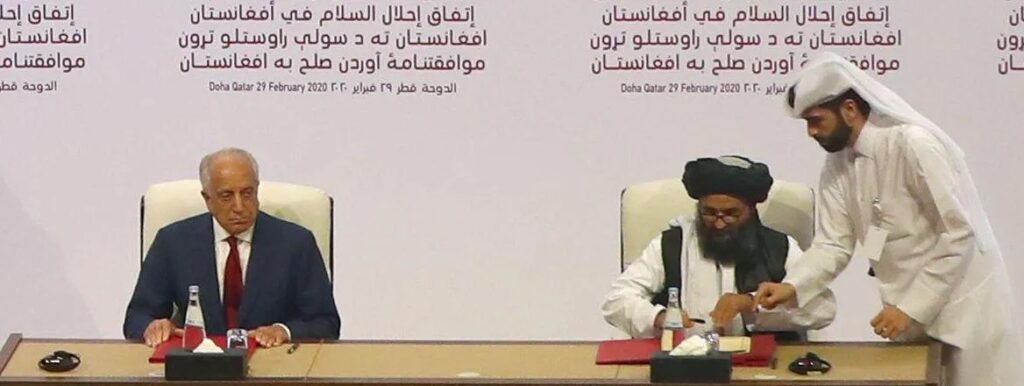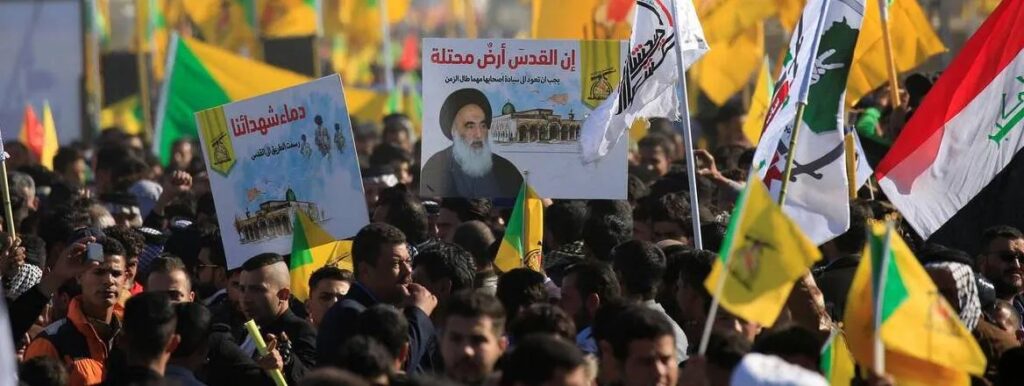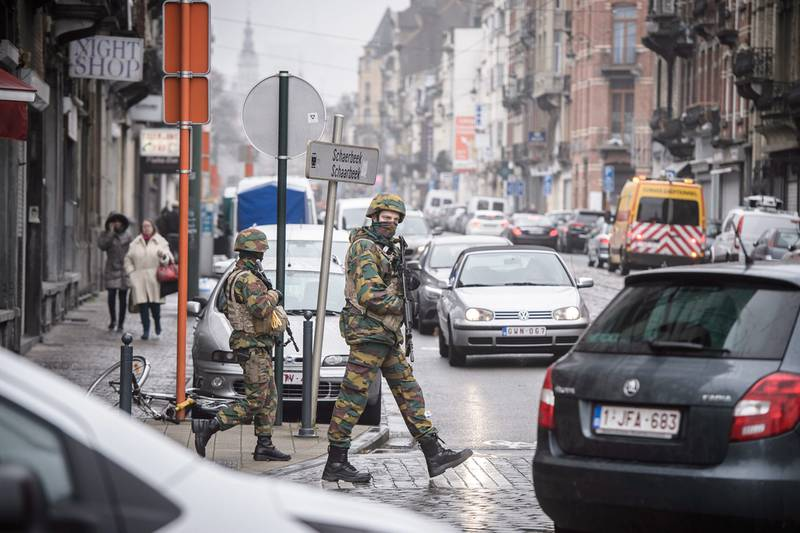Why is Bosnia on the Brink Again?

Bosnia and Herzegovina is once again making headlines. There is talk of renewed violence, with the blessing of Belgrade and Moscow. But the entire region is in a precarious situation.
Back in September 2021, tensions ran high in Montenegro following the decision to anoint Bishop Joanikije II as the new Serbian Orthodox Metropolitan of Montenegro. Since Serbia heavily backs the Serbian Orthodox Church and utilises it to expand its soft power influence throughout the Balkans, its meddling in Montenegro did much to aggravate relations between ethnic Serbs and ethnic Montenegrins, who are a majority. There were explosions, teargas being fired by law enforcement agencies and barricades blocking roads.








